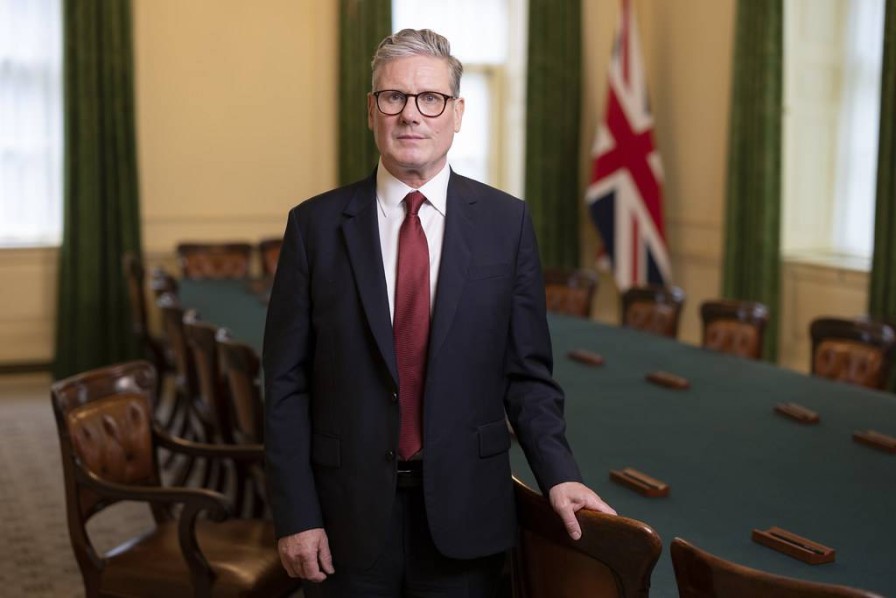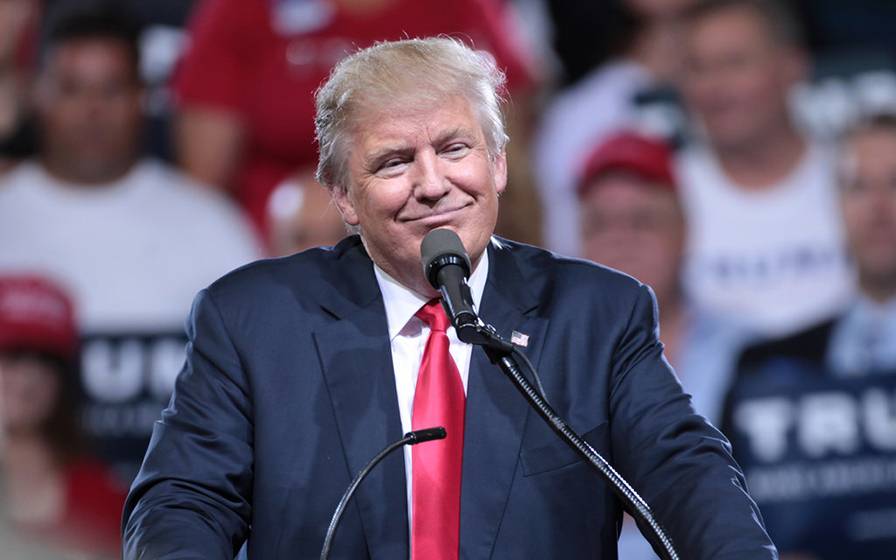Two dead after UK synagogue attack; OpenAI eclipses $500b
And Tesla has beaten third-quarter sales targets.
And Tesla has beaten third-quarter sales targets.
Happy Friday and welcome to your morning wrap of the key headlines from around the world.
First up, two people are dead after a man drove into people outside a synagogue in Manchester and then began stabbing them, the Associated Press reported.
Another four were seriously injured in the terrorist attack on the holiest day of the Jewish year, Yom Kippur.
Officers shot and killed the suspect, though authorities took some time to confirm he was dead because he was wearing a vest that made it seem as if he had explosives.
Two other suspects were arrested, though the police provided no further information. The police believe they know the identity of the man who carried out the attack.
British Prime Minister Sir Keir Starmer denounced the “vile” assailant who “attacked Jews because they are Jews” and said the nation must defeat rising antisemitism, as he promised to increase security in Jewish communities.
“I promise you that over the coming days, you will see the other Britain, the Britain of compassion, of decency, of love,” Starmer said. “I promise you that this Britain will come together to wrap our arms around your community and show you that Britain is a place where you and your family are safe, secure and belong.”

Sir Keir Starmer.
To the Middle East now, where the leader of Hamas’ military wing has objected to the new US ceasefire plan for Gaza, the BBC reported.
Izz al-Din al-Haddad is thought to believe the plan was designed to finish Hamas, whether the group accepts it or not, and so is determined to fight on.
Trump’s plan, which he announced earlier this week alongside Israeli Prime Minister Benjamin Netanyahu, requires that Hamas disarm and have no future role in governing the Palestinian enclave.
It is thought that some of Hamas’ political leadership in Qatar are open to accepting the proposal with adjustments, but they found their influence limited as they do not have control of the hostages held by the group.
Another stumbling block for some is the requirement to hand over all the hostages (it is believed that of the 48 remaining, only 20 are alive) in the first 72 hours of the ceasefire, giving away their only bargaining chip.
Trump said earlier this week that Hamas only had three or four days to respond to his proposal.

Donald Trump.
Staying in the Middle East, Israel’s navy has intercepted an aid flotilla destined for Gaza, although one vessel is believed to have escaped and has stopped inside Palestinian territorial waters, The Guardian reported.
Israel imposed a naval blockade on Gaza’s waters in 2009, and this was the first time an unauthorised humanitarian mission had reached closer than 70 nautical miles from the territory.
Vessels from the Global Sumud flotilla, which consisted of more than 40 boats carrying 500 parliamentarians, lawyers and activists, including a New Zealander and Swedish climate campaigner Greta Thunberg, were boarded late on Wednesday.
The Israeli foreign ministry said it would deport all activists on the flotilla.
Footage broadcast by Sky Italia showed activists on deck being hit by powerful jets of water.
Leaders from Spain, the UK and Turkey have expressed varying levels of concern about Israel’s actions.
But an expert on international law at Hebrew University in Jerusalem, Yuval Shany, said as long as Israel’s blockade was "militarily justified", Israel could intercept the vessels after prior warning.
In business news, OpenAI has finalised a secondary share sale totalling $6.6 billion, allowing current and former employees to sell stock at a record $500b valuation, CNBC reported.
While OpenAI authorised up to $10.3b in shares to be sold, fewer changed hands, indicating insiders’ confidence in the company.
The share sale marks the company’s second major tender offer in less than a year, following a $1.5b deal with SoftBank in November.
This latest transaction solidifies OpenAI’s position as the world’s most valuable privately held company, surpassing SpaceX.
Staying with business, electric car maker Tesla’s third-quarter deliveries far surpassed Wall Street estimates, powered by a large boost from US buyers rushing to take advantage of tax credits for EVs before they expired at the end of September, Reuters reported.
However, the company’s share price was down 1% amid concerns that sales in future quarters would fall following the withdrawal of the $7500 federal tax credit.
Tesla delivered 497,099 cars in the three months ended September, up 7.4% on the same period a year ago.
While the US was strong, Europe remained a weak spot as rivals aggressively promoted plug-in hybrids, while Chinese EV brands started gaining traction in the hyper-competitive market.

Finally, a new report on book bans in US schools has found that Stephen King, known for books such as IT, The Shining and Misery, is the author most likely to be censored, The Guardian reported.
The study from PEN America’s Banned in the USA tracks more than 6800 instances of books being temporarily or permanently pulled from shelves in the 2024–2025 year. The new number is down from 10,000 in the previous year, but is still well above levels of just a few years ago when PEN did not see the need to compile a report.
About 80% of the bans came in just three states – Texas, Tennessee and Florida.
King’s books were censored 206 times.
Reasons often cited for pulling a book include LGBTQ+ themes, depictions of race, and passages with violence and sexual violence.
Sign up to get the latest stories and insights delivered to your inbox – free, every day.